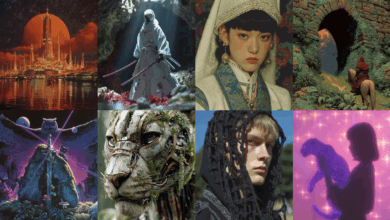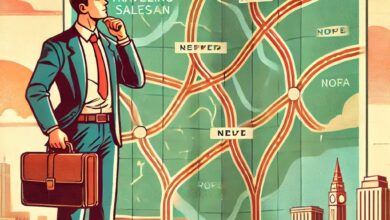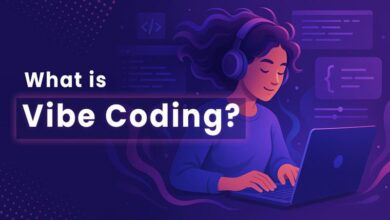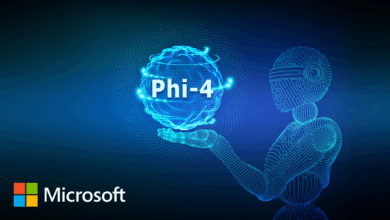AI-Generated Masterpieces: The Blurring Lines Between Human and Machine Creativity
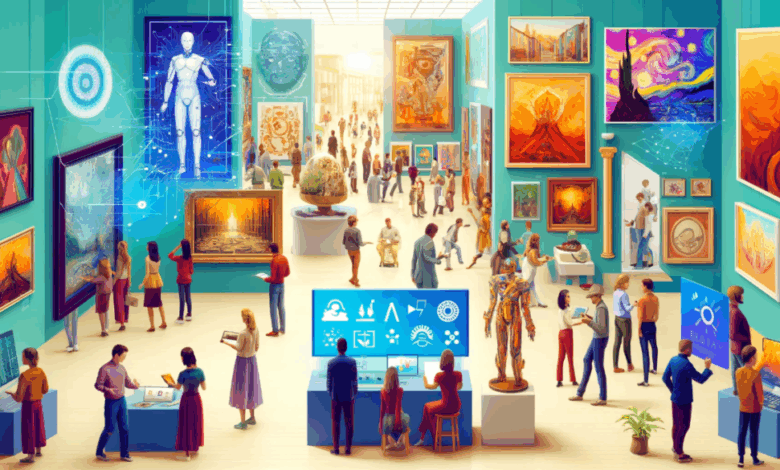
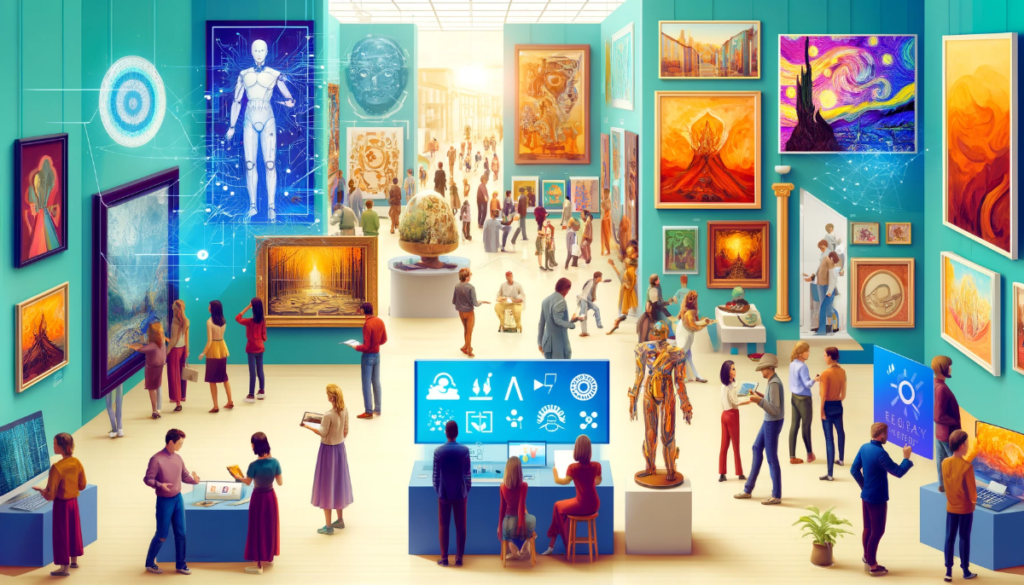
Hey there! Just the other day, I was admiring a beautiful painting at a local art gallery when I learned it was created by an AI. This blew my mind and got me thinking about the blurring lines between human and machine creativity. Let’s explore this fascinating intersection and what it means for the future of art and creativity.
The Rise of AI in Art
You know what’s amazing about AI in art? It’s that machines can now create pieces that rival human artists. AI-generated art involves using algorithms to produce visual, musical, or literary works. These algorithms learn from vast datasets of existing art to understand styles, techniques, and themes. But how do they do it?
How AI Creates Art
AI art is created through processes like:
- Generative Adversarial Networks (GANs): These use two neural networks, one generating art and the other critiquing it, refining the output until it’s impressive.
- Deep Learning: Algorithms analyze thousands of artworks to learn patterns and styles.
- Style Transfer: AI applies the style of one image to another, creating hybrid artworks.
Have you ever seen a painting that combines elements of Van Gogh and Picasso? That’s style transfer in action!
Human and Machine Collaboration
I’ve always felt that the magic happens when humans and machines collaborate. AI isn’t just creating art independently; it’s also a powerful tool for artists. This collaboration can lead to incredible results that neither could achieve alone.
Examples of AI and Human Collaboration
- “The Next Rembrandt”: An AI analyzed Rembrandt’s works and created a new painting in his style.
- AIVA: An AI composing original classical music, used by composers to generate ideas and expand their creativity.
- Runway ML: A tool that helps artists and designers use machine learning to create new works.
Each of these examples showcases how AI can enhance human creativity, offering new tools and perspectives.
The Debate: Can Machines Be Truly Creative?
So, can machines be truly creative? This question often sparks lively debates. On one hand, AI can generate stunning pieces, but on the other, it lacks human emotions and experiences that drive true creativity. What do you think?
Arguments For AI Creativity
- Pattern Recognition: AI can identify and mimic complex patterns in ways humans might not.
- Endless Creation: AI can generate countless variations, exploring possibilities humans might overlook.
- Augmentation: AI serves as a tool that can augment human creativity, pushing boundaries.
Arguments Against AI Creativity
- Lack of Emotion: AI lacks the personal experiences and emotions that deeply influence human art.
- Replication vs. Innovation: AI often replicates styles rather than creating something entirely new and original.
- Intentionality: True creativity involves intent and purpose, which AI lacks.
My Personal Take on AI Art
I’ve always been fascinated by the creative process. Seeing AI-generated art feels like stepping into a new era. It reminds me of a time when I tried an AI art app and was blown away by the results. The app turned my simple sketch into a masterpiece in the style of Monet. It was a blend of my ideas and the AI’s capabilities.
The Role of AI in My Creative Process
Using AI has changed how I approach creativity. It’s like having a collaborative partner that can offer endless inspiration and possibilities. Have you ever used AI to enhance your creative projects? How did it feel?
The Future of AI and Human Creativity
The future of creativity looks bright with AI in the mix. As technology advances, the collaboration between humans and machines will likely grow even more intricate. Here are some predictions:
Predictions for the Future
- New Art Forms: AI could lead to entirely new forms of art we haven’t yet imagined.
- Increased Accessibility: AI tools will make it easier for everyone to create, regardless of their skill level.
- Deeper Collaborations: Artists and AI will work together more seamlessly, blending human intuition with machine precision.
Conclusion
The lines between human and machine creativity are indeed blurring, and it’s an exciting time to witness this evolution. Whether you’re a traditional artist or a tech enthusiast, there’s something magical about the possibilities AI brings to the table. I’d love to hear your thoughts and experiences on this topic. Drop a comment below, or hit me up on social media. Let’s chat!
If you enjoyed this post, don’t forget to subscribe for more stories and insights. Catch you next time!
